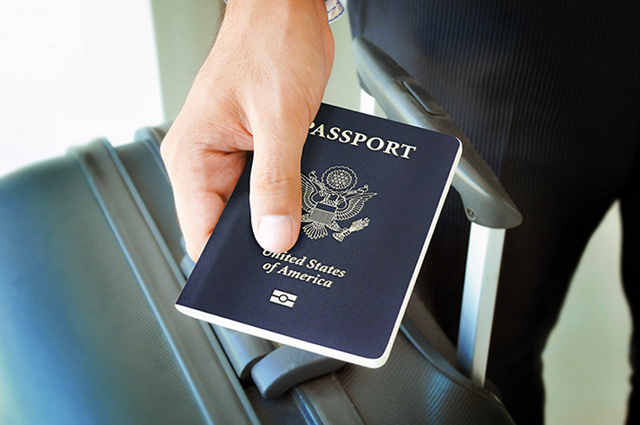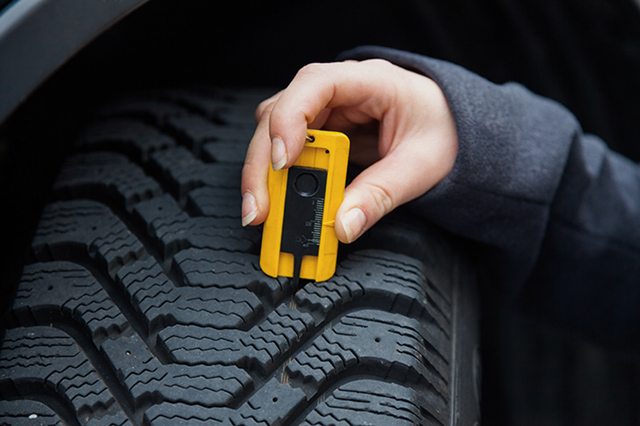USAG Stuttgart Public Affairs
Stuttgart is an incredible place to have new adventures, whether exploring the region or taking advantage of its favorable location and connectedness to see the rest of Europe. There are a few things to be aware of to make life here, as well as far-off journeys, as safe and trouble-free as possible:
ALERT

Make sure you’re registered in the garrison’s ALERT mass-warning notification system to receive emergency warnings and other critical information such as reporting delays and base closures due to severe weather. The system notifies users in several ways, including text messages, phone calls, emails, and popups on official devices. Visit home.army.mil/stuttgart/alert to learn more, and to register or update your information (CAC-enabled).
Passports
Know the difference between a ‘tourist’ passport and an official or no-fee passport. If you have both, you must travel with both and present the official passport when entering or leaving Germany and the tourist passport at any leisure destination. Border police may consider using the wrong passport to be misrepresenting your purpose for traveling.

Germany is one of twenty-seven European countries making up the Schengen Area, a zone whose members have abolished regular passport controls between them. This makes travel within the zone feel more like a domestic flight or drive across a U.S. state border instead of an international one, but it doesn’t change anything about the documents you need to carry – regardless of the mode of transport. Anytime you cross a national border, you must travel with your passport(s). Being caught without one outside your country of assignment can be punished by fines and detainment.
DoD-affiliated personnel must apply for passports (initial or renewal) through the on-post passport office. If your passport is lost or stolen while traveling abroad, contact the nearest U.S. embassy or consulate.
Traveling Abroad
When traveling to another country, make sure to follow your organization’s reporting procedures. Monitor local conditions to ensure your plans don’t place you or your family in high-risk situations.

The State Department’s Smart Traveler Enrollment Program (https://step.state.gov/) is a free service that allows traveling U.S. citizens and nationals to enroll their trip with the nearest U.S. Embassy or Consulate. Doing so means you’ll receive updates about important issues in your destination country like strikes or natural disasters and make it easier for the U.S. Embassy or Consulate to reach you in case of emergency.
Protests & Demonstrations
As a state capital and one of Germany’s largest cities, protests and demonstrations are fairly common in Stuttgart. They are typically peaceful, orderly, and well-coordinated with local police, ranging from half-a-dozen to a few thousand participants.

But it’s impossible to know the intentions of all participants, and things can change quickly. The best course of action, whether in the local area or while traveling, is to avoid them altogether, and to quickly move out of the area if you stumble onto one unintentionally. Never engage with protestors and always follow the instructions of first responders.
Driving Safety/Winter Tires
If planning a road trip, make sure your vehicle is in good working condition. Ensure you’re aware of any special requirements for countries you’ll be traveling through, such as the need to use headlights in daytime or seasonal ones like having winter tires or chains. Some countries require toll stickers (vignettes) to drive on highways, while others have environmental rules restricting access to certain metro areas.

Germany requires the use of winter tires when conditions are icy, but does not mandate specific dates; many drivers abide by a general rule of “October to Easter” while paying attention to year-to-year variations. Further information on local winter tire laws are available on StuttgartCitizen.com and the USAG Stuttgart app’s ‘Get Around’ section.
